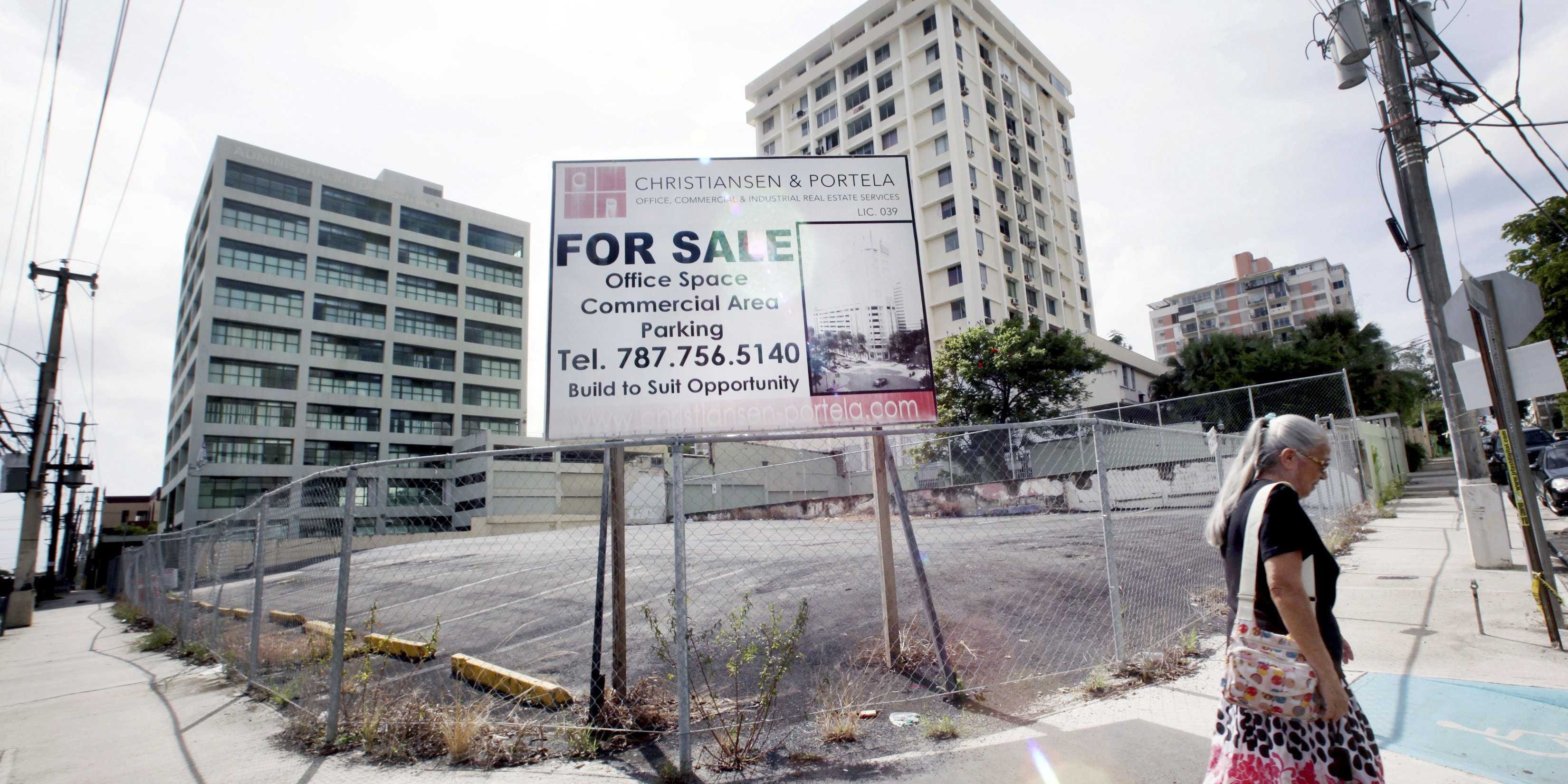Commercial real estate is feeling the pain of higher rates and tighter credit conditions. Blackstone reported big losses in the past quarter, and Brookfield reportedly defaulted on some office loans. Experts have warned that commercial property is the next shoe to drop after March’s bank failures. Loading Something is loading.
Thanks for signing up!
Access your favorite topics in a personalized feed while you’re on the go.
The commercial real estate market is showing signs of weakening, demonstrated by the pressures being felt by two of the market’s largest players amid higher rates and tighter financial conditions.
Blackstone, the largest owner of commercial real estate in the world, saw a major decline in distributable earnings as the demand for commercial real estate properties faltered in the last year. According to the asset manager’s latest financials, profits from the sale of assets fell to $4.4 billion over the last quarter, down 54% from $9.5 billion it cashed in during the first quarter of last year.
Meanwhile, another real estate giant, Brookfield Corporation, defaulted on $161 million in commercial real estate debt tied to office properties, Bloomberg reported last week. A few months earlier, in February, Brookfield defaulted on $784 million of commercial real estate debt backed by two big office towers in Los Angeles.
The struggles of two of the largest real estate firms paint a picture of a market pressured by a year of rising interest rates and a recent credit crunch sparked by tighter lending conditions as banks pull back after the turmoil in March.
Meanwhile, commercial property owners are refinancing maturing commercial mortgages at much higher rates than when they were originated a few years ago.
The effects have been compounded by by tighter lending among small- and mid-sized regional banks, which finance around 80% of all commercial real estate debt. In total, there is about $1.5 trillion of commercial mortgage debt approaching maturity that will need to be refinanced in the coming years.
While office demand has faltered as work-from-home trends persist, other areas of the market have also been showing signs of stress. Apartment building sales, for instance, just posted their largest drop since 2009, according to data from CoStar Group.
Some commentators have warned of an impending crash in the commercial real estate market that could echo the 2008 crisis. Commercial property prices could eventually plummet 40% from their peak, Morgan Stanley said earlier this month.
